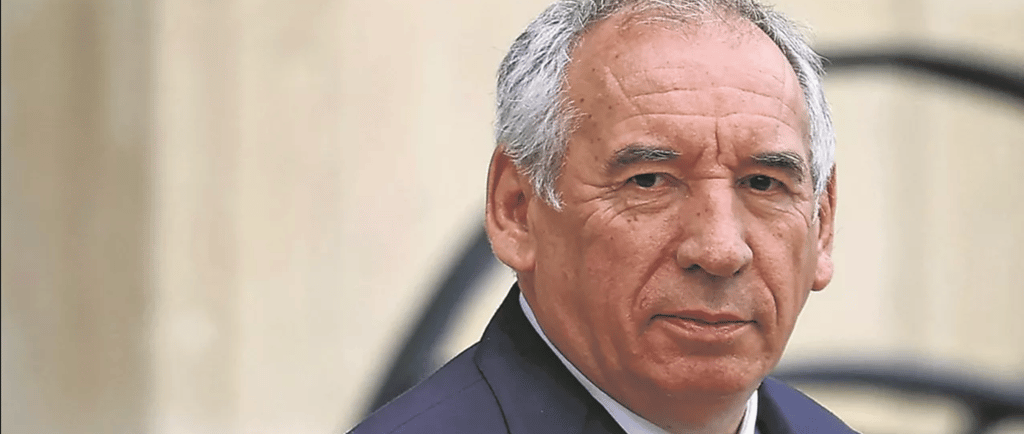François Bayrou facing the vote of confidence
François Bayrou calls a vote of confidence on 8 September to defend his austerity budget and the reduction of debt. The main opposition parties vote against him, but he is still trying to convince some deputies and raise public awareness.
ACTUALITÉS
8/29/20252 min read


François Bayrou finds himself in a delicate position as the vote of confidence on September 8 approaches. With the main opposition parties (PS, LFI, Greens and RN) already announcing that they will vote against him, the probability that he will retain his position as Prime Minister seems low. Despite everything, Bayrou multiplies public interventions and meetings with the parties to try to convince some deputies and raise awareness about the urgency of an austerity budget.
1. Political uncertainty and government stability
One of the immediate impacts for investors is political uncertainty. A weakened or collapsing government can lead to less predictable fiscal decisions, delay the adoption of economic or fiscal reforms, and create a climate of prudence in financial and real estate markets. For investments, this instability can result in:
increased volatility in financial and bond markets;
a slowdown in public or private investment projects;
increased caution from foreign investors, who may delay their projects.
2. Focus on fiscal discipline and public debt
François Bayrou emphasizes debt reduction and a strict budget. If his measures were adopted, it could:
- limit public spending, impacting certain sectors dependent on subsidies or public aid;
- stabilize the State’s financial situation in the medium term, which could reassure investors about the sustainability of French debt and confidence in government bonds;
- influence interest rates and the cost of credit, a crucial parameter for real estate investments or business projects.
3. Sectoral impact and opportunities
Some sectors may be more sensitive to this context:
Real estate: an uncertain economic climate and potentially higher interest rates can slow down acquisitions and rental investments, but assets that are well located or offer a solid return can remain attractive.
Companies and start-ups: financing and fundraising can become more cautious if political uncertainty persists.
Financial markets: actions sensitive to public consumption or infrastructure can be affected, while defensive sectors (energy, food, health) can better resist.
4. Communication and public perception
Bayrou’s initiative to multiply his interventions shows that he seeks to work on public perception and indirectly influence the political scene. For investors, this reflects that political decisions could still evolve in the coming days, and that following the political news becomes crucial to anticipate the impact on markets and investment choices.
Conclusion
The situation of François Bayrou illustrates the interconnection between politics and economics. Even if the outcome of the vote seems unfavorable, discussions around budgetary rigor and public debt will remain central. For investors, this means that attention must remain focused on:
budgetary decisions and their implications for public financing;
the stability of government and the predictability of reforms;
the evolution of market perception and the cost of credit.
In summary, this news should not be seen only as a political event, but as a signal of caution and opportunity to anticipate the impact on investments in the short and medium term.
Our group
BALLMONT Properties
CC Place des Grands Hommes – 1er étage – CS 22029
33001 Bordeaux
BALLMONT Wealth Management
11 avenue Delcassé
75008 Paris
COntact details
contact@ballmont.fr
05 40 25 60 98
